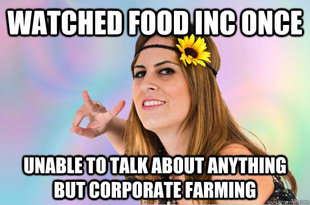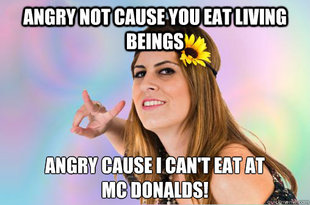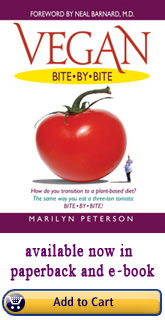Ah, the internet. It dawned upon me
recently just how much these eight words changed just about
everything. It changed sales, going from stores to online shopping,
it changed how information has been processed, and, perhaps most of
all, it changed communication.
You can see just how much it has
impacted society, by thinking of all the new vocabulary that has come
directly from the internet itself. New acronyms have popped up that
had no meaning at all ten years ago. LOL, LMAO, and SMH are examples
of what I am talking about. It's even funnier when you consider that
most of the time they are used, the people using them aren't even
doing what they describe. People usually aren't laughing out loud
when they use LOL, nor are they shaking their head when they use SMH.
It's simply a term using the description of an action to show a
certain emotion. People use SMH to show disbelief, and LOL to show
they found something amusing. It's ironic that the more avenues we
have to communicate, the more we simplify the communication process
itself.
Another term never used before maybe
five years ago is meme. And it's the use of meme's which made me
think of this topic. Meme's (for those who don't know) are the
pictures people post with words over them. Personally, while some
are funny, I find the majority to actually be a bit harmful to real
communication. Many topics are far too complicated to be really
discussed via a meme. It seems to have simplified things to a lowest
common denominator scenario. They also can be used to falsely
portray an issue, using humor as an excuse.
This is an example of a meme:

You may be wondering what this has to
do with veganism, since that is the topic this blog is focused on.
The answer is complicated (too complicated for a meme, ironically
enough). I saw a meme recently with a pretty, “hippie” type girl
on it, that stated “I'm a vegan—you know how you know? It's the
first thing I'll tell you.” The point being that vegans preach
their diet to everyone, much like certain religions proselytize to
gain more followers.
First off, I don't think it's
necessarily a bad thing to tell a person you're a vegan when first
meeting them. After small talk is dispensed with, the next thing to
discuss is things you are into. It can be football, or politics, or
movies, but either way, people like to discuss what is important to
them. Most vegans believe their food choice to be of the upmost
importance, so it makes sense for them to discuss it.
On the other hand, I do find it a bit
insulting to have all vegans put under an umbrella that states they
are all the same in any way shape or form, especially when it's
saying we are all annoying because we discuss our food choices.
Think of how much the meat industry states it's claim that meat is
good. It's all over billboards, television, sporting event arenas,
etc. It's everywhere, yet the same people have no problem with it.
This is because we are challenging their viewpoints, as opposed to
blindly following a status quo. What they find annoying is merely
the fact that we don't do the same thing the majority does.
Example of a pro-meat meme:
I have to also point out that many in
the vegan and vegetarian community do the same thing. On both sides,
the goal of these meme's is to appeal to their base with insults to
the other side. This, no matter how you cut it, is wrong. It's
wrong because it reduces the conversation to an insult (much like the
last Presidential election did). It's wrong because it lowers the
level of debate in this country. Most of all, it's wrong because it
really DOESN'T SAY ANYTHING.
I apologize if this comes off as a
rant, but I think it's important to note that real conversation has
to be done with a sense of respect for the other person, no matter
what their viewpoint. We will never show people the benefits of a
vegan diet with insults. On the other hand, it's important to see
what “the other side” is really saying with their meme's, and
attempt to rise above it. It's easy to simplify things to good vs.
bad, but that's hardly ever the truth of the matter.
We are vegans. Be proud of that fact.
But, at the same time, realize that people who eat meat aren't evil,
just usually not as informed. It's good to inform them. Just try to
remember that the conversation isn't that simple. It's complicated.
Far more complicated then a sentence.











